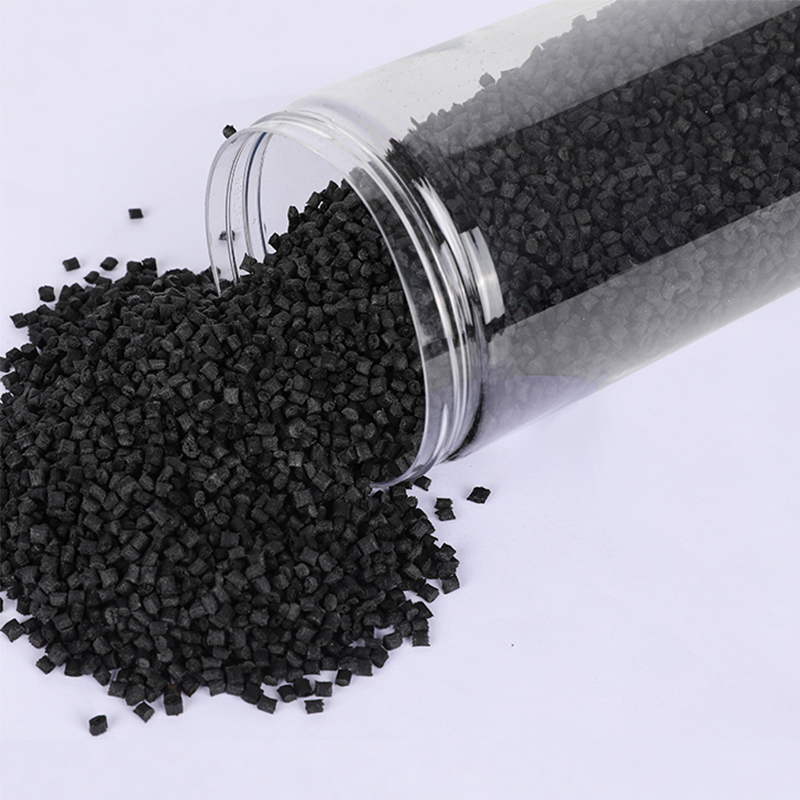Stay up to date with our recent products
Web Menu
Product Search
Exit Menu
Tech Innovations Propel RPA Market: Recycled Polyamide Poised for Rapid Growth
Polyamide, a type of synthetic polymer commonly found in everyday products like nylon, has long been recognized for its durability and versatility. However, its production traditionally relied heavily on virgin resources, contributing to environmental concerns such as plastic pollution and resource depletion. Enter RPA - a game-changing innovation that harnesses the power of recycling to transform discarded polyamide materials into valuable resources.
Recent years have seen significant strides in RPA technology, driven by a combination of scientific breakthroughs, industry collaboration, and consumer demand for sustainable alternatives. One of the key drivers behind the surge in RPA adoption is the development of advanced recycling processes that enable the efficient recovery and purification of polyamide from post-consumer and post-industrial waste streams.
These cutting-edge recycling technologies, which encompass methods such as chemical depolymerization and mechanical recycling, have overcome previous limitations associated with the quality and performance of recycled materials. As a result, RPA now boasts properties comparable to those of virgin polyamide, making it suitable for a wide range of applications across industries.
The textile sector, in particular, has emerged as a major beneficiary of RPA Recycled Polyamide innovations. Fashion brands and apparel manufacturers are increasingly incorporating recycled polyamide fibers into their products, offering consumers sustainable alternatives without compromising on quality or style. From activewear to luxury fashion, RPA-infused textiles are gaining traction among eco-conscious consumers seeking to minimize their environmental footprint.

Moreover, the automotive industry is embracing RPA as a solution to its sustainability challenges. With stringent regulations and growing consumer demand for greener vehicles, automakers are turning to recycled polyamide for lightweighting and component manufacturing. RPA's strength, durability, and recyclability make it an ideal choice for applications ranging from interior trims to structural components, driving both environmental and economic benefits.
Beyond textiles and automotive, RPA is finding applications in a diverse array of sectors, including consumer goods, electronics, and construction. From packaging materials to electronic casings, recycled polyamide is proving its versatility and efficacy as a sustainable alternative to conventional plastics.
The growing momentum behind RPA is also attracting investment and support from governments, research institutions, and industry stakeholders. Collaborative efforts aimed at advancing RPA technologies, improving recycling infrastructure, and fostering circular economy principles are further propelling the market forward.
Looking ahead, the future of RPA Recycled Polyamide appears promising, with forecasts indicating robust growth and widespread adoption across industries. As technology continues to drive innovation and sustainability remains at the forefront of global agendas, recycled polyamide is poised to play a pivotal role in shaping a more resilient and environmentally responsible world. With tech innovations propelling the RPA market forward, the era of sustainable plastics is on the horizon.
As China PCR Recycled Plastic Granules Factory, We always adhere to the experience and philosophy of "keeping up with the times, constantly innovating, developing efficiently, and cooperating for mutual benefit"

Address: No.11, Wangzhuang Section, Provincial Road 01, Daqiao New Area, Economic Development Zone, Haiyan County, Jiaxing City, Zhejiang Province, China
Phone: +86-18058285678
Fax: +86-0573-86868101
E-mail: [email protected]
SUNRISE GROUP(Overseas Exclusive Agent)
www.sunrisechemical.com
2024 ICIS Global Chemical Distributor Top 8
Export Sales Manager:Helen Zhang
Mob/Whatsapp: +86 19883063465
Email: [email protected]
Copyright © Jiaxing Anyiju Plastic Industry Co., Ltd. All Rights Reserved

 简体中文
简体中文 English
English







